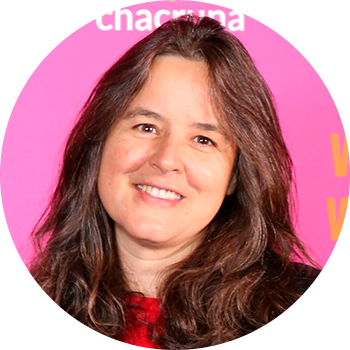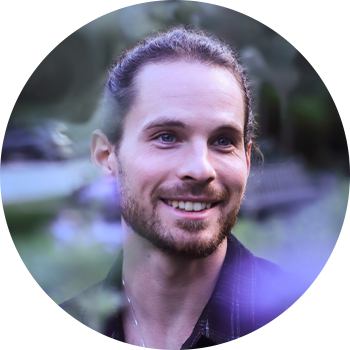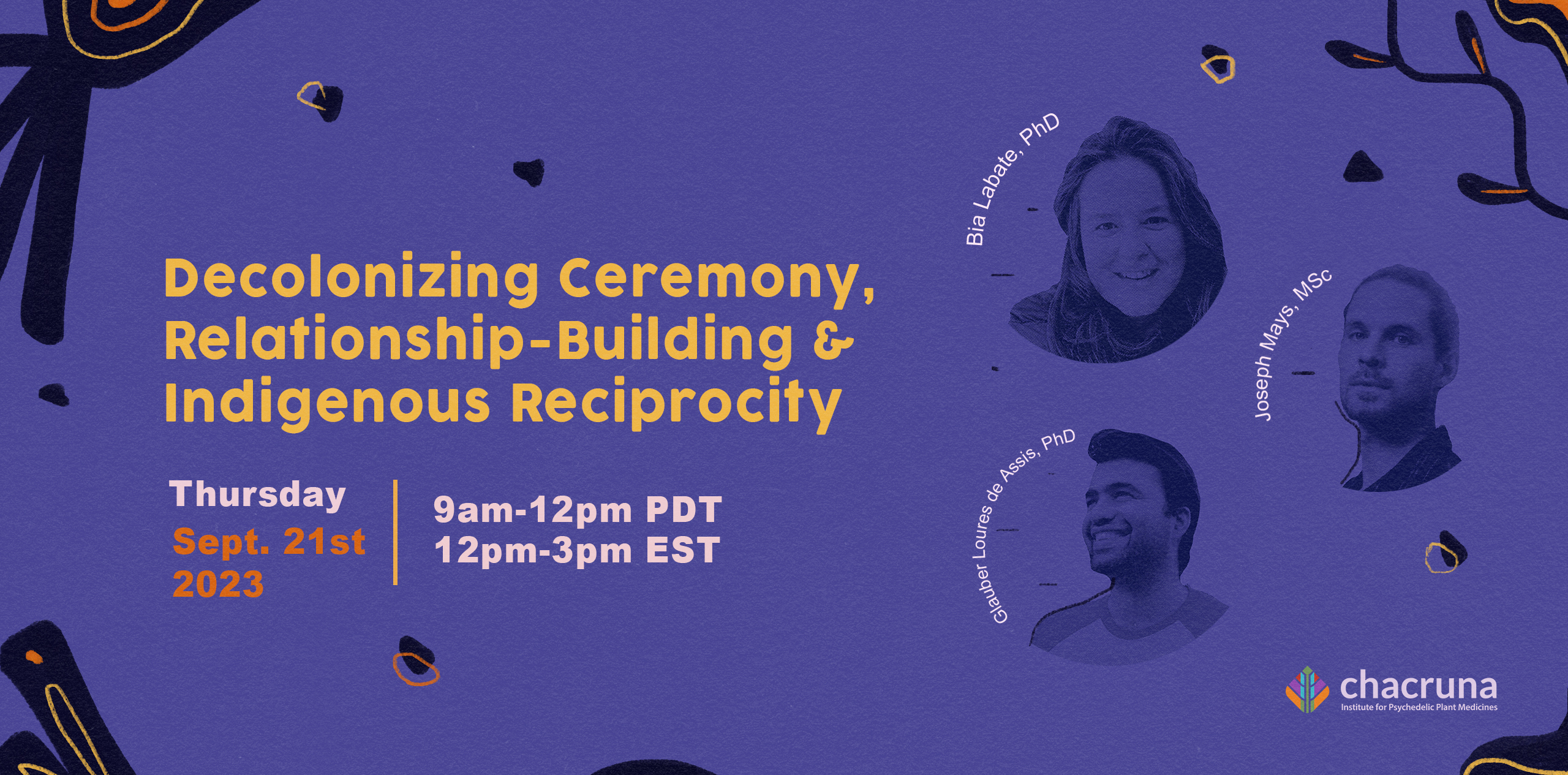- Meet Chacruna at Psychedelic Science 2025 - May 27, 2025
- Psychedelics and Attachment: Fundamentals, Implications, and New Frontiers - May 16, 2025
- Development Outreach Internship (OPEN) - May 6, 2025
Thursday, September 21st from 9am-12pm PDT
Cost: $150
Cost: $40 for CE credits
Register here.
This workshop will challenge participants to take Indigenous claims on plant medicines seriously, to learn about traditional cultures and practices, and to engage in collaborative, horizontal and non-transactional relationships. With a combined 35 years of experience drinking and studying ayahuasca and other plant medicines, and 20 years of fieldwork in Mexico and South America, workshop facilitators will address the inherent inequities and power imbalances in the so-called “psychedelic renaissance”. A grounded analysis of Indigenous peoples and plants’ status in the psychedelic ecosystem will provide a framework for reconciling the increased demand for sacred plants and ceremony with the romanticization and fetishization of the cultures who have been using these plants since time immemorial. We will discuss the exploitative dynamics of partnerships between the Global North and the Global South, with the goal of outlining a more meaningful and impactful approach to respectfully engaging with plant medicines and working towards a process of reciprocity. Chacruna’s Indigenous Reciprocity Initiative of the Americas (IRI) will serve as a reflection of all these considerations; our contribution to trying to support Indigenous-led movements for self-determination and sovereignty that demonstrates a grassroots, ground-up approach. Attendees will engage in a modest and mindful, co-creative exercise to re-think and explore the true possibilities of decolonization and cultural exchange in the psychedelic space, integrating the political concerns emphasized by Indigenous activists and honoring their struggles for territorial and cultural autonomy.

Dr. Beatriz Caiuby Labate (Bia Labate) is a queer Brazilian anthropologist based in San Francisco. She has a Ph.D. in social anthropology from the University of Campinas (UNICAMP), Brazil. Her main areas of interest are the study of plant medicines, drug policy, shamanism, ritual, religion, and social justice. She is Executive Director of the Chacruna Institute for Psychedelic Plant Medicines and serves as Public Education and Culture Specialist at the Multidisciplinary Association for Psychedelic Studies (MAPS). She is also Visiting Scholar at Naropa University’s Center for Psychedelic Studies and Advisor at the Veteran Mental Health Leadership Coalition. Dr. Labate is a co-founder of the Interdisciplinary Group for Psychoactive Studies (NEIP) in Brazil and editor of its site. She is author, co-author, and co-editor of twenty-seven books, two special-edition journals, and several peer-reviewed articles (https://bialabate.net).

Joseph Mays received his MSc in Ethnobotany from the University of Kent researching responses to globalization by the Yanesha of central Peru. Graduating with biology and anthropology degrees from Virginia Commonwealth University, he published a medicinal plant guide for the Jama-Coaque Ecological Reserve in the Ecuadorian cloud forest. Joseph also holds a certificate in Psychedelic Assisted Therapies from Naropa University, and his conservation work explores how cultural-conditioning influences approaches to biocultural sustainability. His Indigenous rights advocacy stresses the importance of ground-up structures that emphasize local agency and challenge conventional philanthropic models in attempts to support Indigenous autonomy and biodiversity. Joseph is Program Director of Chacruna’s Indigenous Reciprocity Initiative (IRI), where he partners with Indigenous community organizations throughout the Americas to support Chacruna’s mission of increasing cultural reciprocity in the psychedelic space, raising unconditional funding and engaging with Indigenous and local stakeholders on their own terms.

Dr. Glauber Loures de Assis is Associate Director of Chacruna Latinoamérica in Brazil. He has a Ph.D in sociology from the Federal University of Minas Gerais (UFMG) and is Research Associate at the Interdisciplinary Group for Psychoactive Studies (NEIP) in Brazil. His main interests include the ayahuasca religions, new religious movements, the internationalization of the Brazilian religions, and drug use in contemporary society. He is the author of numerous articles and book chapters, and the co-editor of the book Mujeres y Psicodélicos (Women and Psychedelics, Chacruna Institute/Lunaria, 2022). Glauber is also an ayahuasca practitioner with 15 years of experience. He has built this practice in dialogue with his local Brazilian ayahuasca community and with the blessings of Indigenous elders and activists in Brazil. He is father to 3 children and is passionate about psychedelic parenthood. In Chacruna, Glauber leads the weekly Kuara Circle: Music, Mindfulness and Gratitude, a collective journey that promotes a connection with our ancestral roots and the energy of the sun. Currently he is developing, with Dr. Bia Labate and Jacqueline Rodrigues, the Jornadas de Kura, a plant medicine center in Minas Gerais, Brazil, that promotes a bridge between the ceremonial use of sacred plants and psychedelic science.
Information on Continuing Education Credits for Health Professionals
- CE credits for psychologists are provided by the Spiritual Competency Academy (SCA) which is co-sponsoring this program. The Spiritual Competency Academy is approved by the American Psychological Association to sponsor continuing education for psychologists. Spiritual Competency Academy maintains responsibility for this program and its content.
- The California Board of Behavioral Sciences accepts CE credits for LCSW, LPCC, LEP, and LMFT license renewal for programs offered by approved sponsors of CE by the American Psychological Association.
- LCSW, LPCC, LEP, and LMFTs, and other mental health professionals from states other than California need to check with their state licensing board as to whether or not they accept programs offered by approved sponsors of CE by the American Psychological Association.
- SCA is approved by the California Board of Registered Nursing (BRN Provider CEP16887) for licensed nurses in California. RNs must retain their certificate of attendance for 4 years after the course concludes.
- For questions about receiving your Certificate of Attendance, contact [email protected]
For questions about CE, contact Spiritual Competency Academy at [email protected].
CE Credit Requirements
- Student must be in attendance with their camera on for the entirety of the class session
- Student must be actively participating in the class session (asking questions, contributing to discussion, etc.)
- Student must fill out an evaluation and assessment form at the end of the course, which will be provided by Chacruna
- Collective CE credits will be awarded at the end of the course given that all of the above requirements are met
*please note that you must purchase a ticket for CE credits on Eventbrite in order to receive CE credits
*please note that if you miss a class, you will not be awarded CE credits for that session and cannot be refunded for the CE cost
*please note that the first and last class do not count towards CE credits
Take a minute to browse our stock:
Did you enjoy reading this article?
Please support Chacruna's work by donating to us. We are an independent organization and we offer free education and advocacy for psychedelic plant medicines. We are a team of dedicated volunteers!
Can you help Chacruna advance cultural understanding around these substances?









